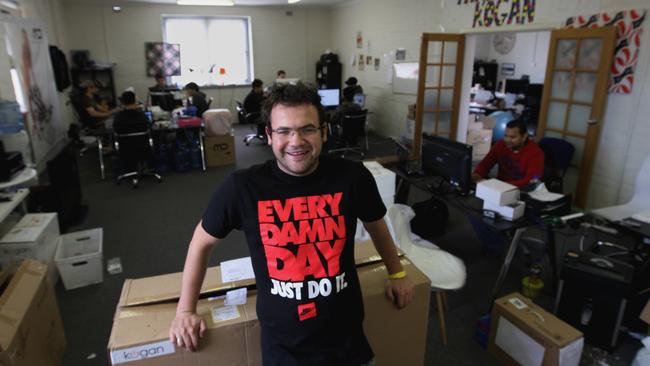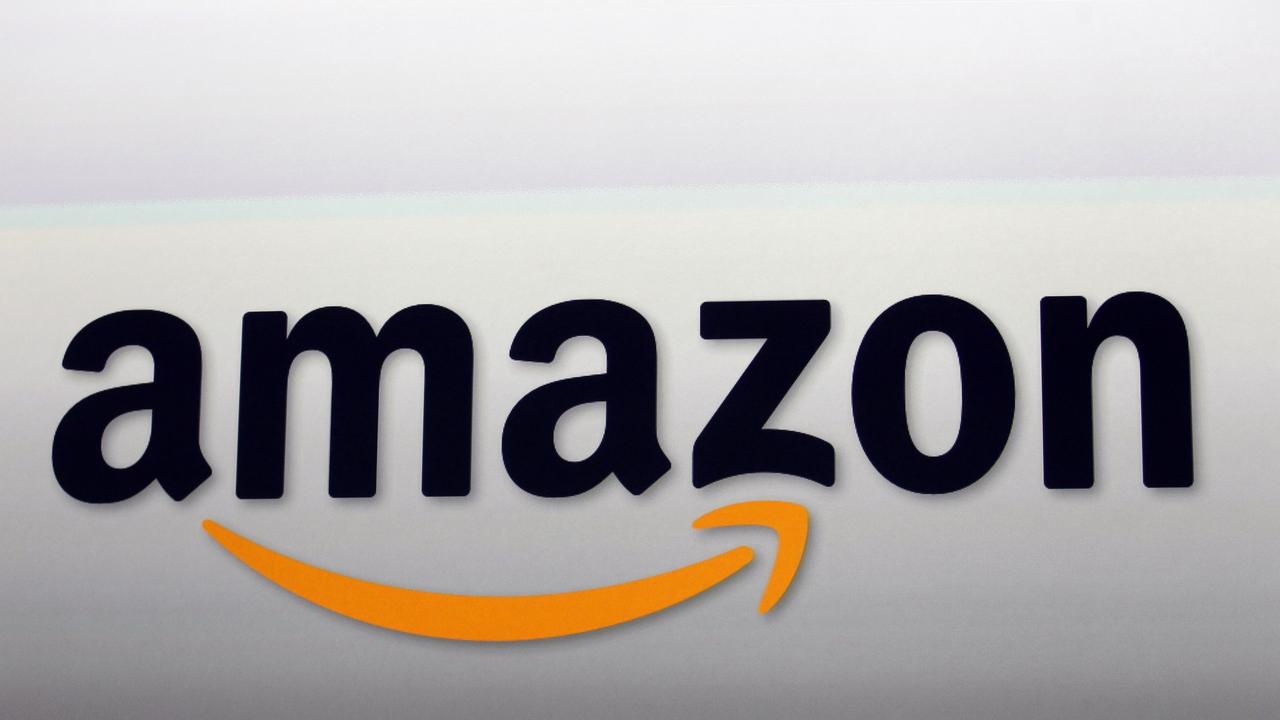How Aussies are saving thousands
AUSSIES pay more for everything, from iTunes downloads to cameras. Here’s how you can avoid the Australia Tax and save thousands.

A RAPIDLY growing number of Australians are turning to the online ‘grey market’ to stick it to overpriced traditional retailers and avoid paying the dreaded Australia Tax imposed by overseas companies.
Whether it’s iTunes downloads, digital cameras or mobile phones, Australians routinely pay anywhere up to 50 per cent more for the same products as our counterparts in the US and UK.
According to an analysis by consumer group Choice, Australians pay an average of 50 per cent more for PC games, 34 per cent more for software, 52 per cent more for iTunes music and 41 per cent more for computer hardware than the US.
At the same time consumers are turning to VPN services in droves to navigate around geoblocks, online stores are increasingly importing products through the back door and reselling them at significantly cheaper prices than traditional bricks-and-mortar retailers such as Harvey Norman.
These parallel or ‘grey’ imports are brought into the country without the permission of the local intellectual property owner. Harvey Norman, for example, might have a deal to buy Sony products for a particular price.
Sony typically will sell those same products to a retailer in China or Hong Kong for a much lower price. Grey importers simply buy the products from overseas and ship them in, offering substantial discounts in the process.
Local retailer Ruslan Kogan pioneered the concept with the launch of Kogan.com in 2006, and there are now dozens of grey importers cashing in.
NAB’s latest online retail sales index showed Australians spent an estimated $17.5 billion on online retail in the 12 months to August, equivalent to 7.1 per cent of spending at traditional bricks-and-mortar.
According to Gary Munitz, managing director of data analytics firm Invigor Group and creator of price comparison site ShoppingNinja, big retailers are facing a serious problem unless they can become more price-competitive.
Launched at the start of June this year, ShoppingNinja now attracts more than 50,000 users a month and Mr Munitz says the majority of its sales are being funnelled to grey importers, with the mobile phones, cameras, tablets and headphones the most popular categories.
ShoppingNinja collects a commission on all sales made via the platform. It’s aiming for $3 million in revenue in the first 12 months, and expects that to increase to $20 million over the following two years.
The average discount is 20 to 30 per cent, with phones generally at the higher end. Other comparisons are even more stark. A Nikon Coolpix P610 digital camera is $384 from grey importer CameraSky, compared with $599 at Harvey Norman — more than 55 per cent more expensive.
“It’s more to do with old-world commercial models,” said Mr Munitz, a highly regarded tech entrepreneur who founded Global Group and helped develop platforms including Menulog and Get Price.
“Across every product category now there are a significant number of grey importers that sell online, and as consumer behaviour increasingly shifts online, this is going to be a big problem for Australian bricks-and-mortar retailers.”
Mr Munitz said the likes of Harvey Norman were still operating on business models put in place decades ago. “Sony would say, okay, [Australia] has a population of 20 million, this is what our profit needs to be. But the internet has bridged the gap.
“In the past there wasn’t really a way you could bring in 1000 cameras from somewhere like China and sell them, because as soon as you add rent and everything else to the equation it was a different value proposition.
“Today e-commerce platforms make it easy to set up shop.”
Mr Munitz said it was something that would have to be resolved between the retailers and the brands sooner or later. “As soon as Harvey Norman is able to get that TV at the same price as the retailer in China got it, the grey importers are going to struggle,” he said.
Choice spokesman Tom Godfrey said local providers had been holding up prices for so long, that frustrated Australian consumers were finally taking things into their own hands.
“Parallel imports provide much-needed competition,” he said. “The fact is Aussies have been slapped with the Australia Tax for years on everything from Mars Bars to digital goods to French Champagne.”
Mr Godfrey said local companies needed to start competing on price.
“If they haven’t realised by now then they’re a bit late to the party,” he said.




